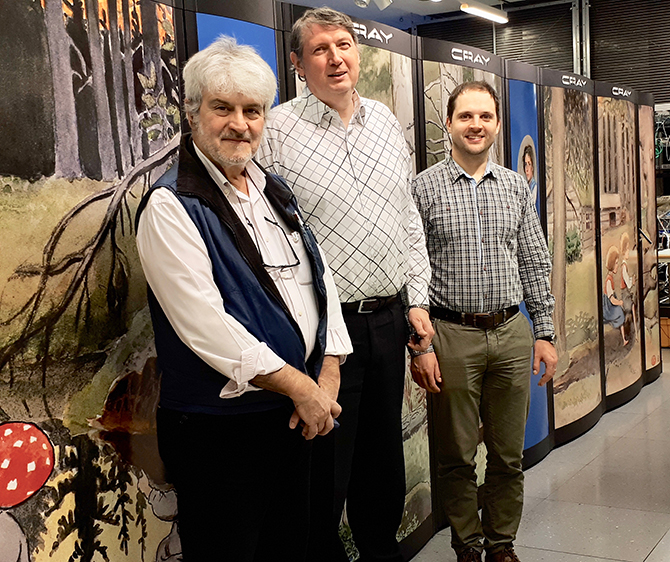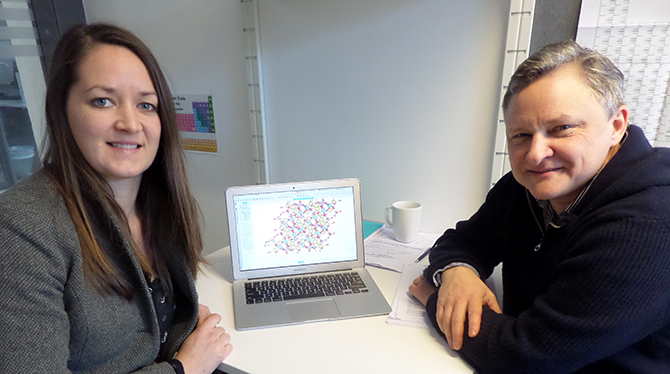Overview of the First Year of HPCE3 Project Activities
Lilit Axner, PDC
As you already know from previous editions of our newsletter, the HPC-Europa3 (or HPCE3) project is based on a programme of visits, in the form of traditional transnational access, with researchers visiting high performance computing (HPC) centres and/or scientific hosts. The visitors are funded for travel, accommodation and subsistence, and provided with an amount of computing time suitable for their approved project.

The 1st of May this year marked the first anniversary of the HPCE3 project, and in the year since the project started in May 2017, HPCE3 has already launched four calls for applications.
During the first three of those four calls (The evaluation of the fourth call is on-going at the time of writing.) HPCE3 received 70+23+70 = 163 applications, of which 56+20+47 = 123 have been accepted for visits to one of the nine partner countries. Of the 123 applications that have been accepted, 14 have been applications for researchers to visit PDC and use computing time on Beskow and Tegner, while having a collaborative host researcher at KTH, Stockholm University or Uppsala University. In this first year alone, PDC has already hosted 35% of the visitors that it committed to hosting during the four years of the HPCE3 project.

The following table shows details about the researchers who have visited PDC so far – including the visitor’s home country and university, their research discipline, the software they have used, and the university or company in Sweden with which they were collaborating.
| Country | Home University | Scientific Discipline | University or Company in Sweden | Software |
|---|---|---|---|---|
| Lithuania | Center for Physical Sciences and Technology | Material Sciences | KTH | VASP |
| Latvia | Riga Technical University |
Structural Mechanics |
KTH |
own software |
| Slovenia |
University of Ljubljana |
Fusion Plasma Physics |
KTH |
SMARDDA |
| Greece |
Technological Educational Institution TEI of West Macedonia |
Environmental and Pollution Control Engineering |
Stockholm University |
Gaussian |
| Denmark |
Niels Bohr Institute, University of Copenhagen |
Theoretical Astrophysics |
Stockholm University |
PENCIL |
| Serbia |
Institute for Multidisciplinary Research, University of Belgrade |
Material Sciences |
KTH |
Quantum ESPRESSO, Crystal |
| Switzerland |
EPFL |
Computer Science |
Airinnova AB |
SU2 |
| Belarus |
Belarusian State University of Informatics and Radioelectronics |
Material Sciences |
KTH |
VASP |
| Lithuania |
Vilnius University |
Chemical Physics |
Stockholm University |
Dalton |
| Lithuania |
Vilnius University |
Chemical Physics |
Stockholm University |
Dalton |
| Serbia |
University of Belgrade |
Material Sciences |
KTH |
Quantum ESPRESSO, PWscf |
| UK |
University of Cambridge |
Chemistry |
Uppsala University |
CP2K |
| Latvia |
University of Latvia |
Material Sciences |
KTH | CRYSTAL17 |
| Latvia |
Latvian Institute of Organic Synthesis |
Life Sciences |
KTH |
GROMACS |